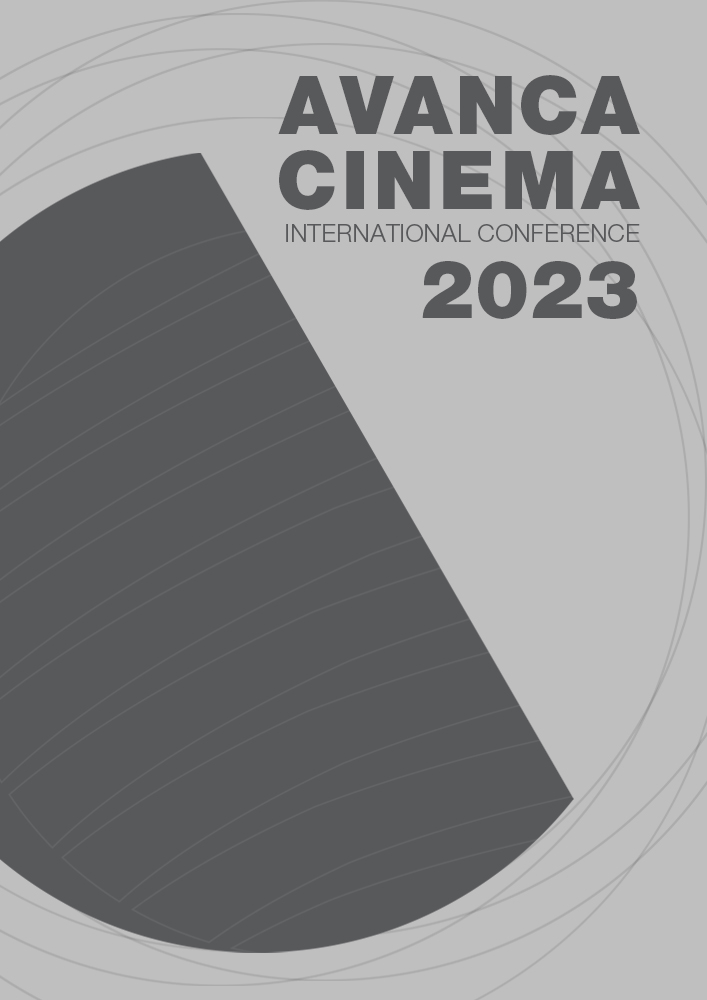Chapitre I _ Cinéma - Art
A Cinematografia do Passageiro a Motor: Experiências do Súbito na Literatura
Résumé
Starting from a cinematographic stock image, a reflexive high accentuated by music in which characters travel as passengers by the window in motorized transports, I begin by presenting paradigms – e.g., a sequence from the film Sans Soleil (Chris Marker, 1983) or some shots from Lost In Translation (Sofia Coppola, 2003). I then move, analeptically, to a literary terrain in which “travel literature” appears to be ascendant of this “stock image”, advancing to a set of works in which the aesthetic structure of cinema has already retroacted on the verbal arts. The short story “Ómnibus” (Julio Cortázar, 1951) and a couple of fragments from Livro do Desassossego (Fernando Pessoa, 1982) circumscribe the idea in literary objects whose narrative totality consists of this motor trip: a silent contemplation forming an internal cinema. In the intermedia punchline of the essay, the analysis of rock songs’ lyrics that thematize travels in toto – “A Movie Script Ending” (2001) by Death Cab For Cutie and “We Look Like Lightning” (2018) by The Wonder Years – epitomizes the proposal of a “motorized passenger’s cinematography” in a multimodal literary format. The perception of a poetic subject that has internalized cinema and music in these two songs oscillates, intertwines and deepens with phenomenological notes on traveling today, a favorable situation for sudden, disalienating experiences.

Ce travail est disponible sous la licence Creative Commons Attribution 4.0 International .

